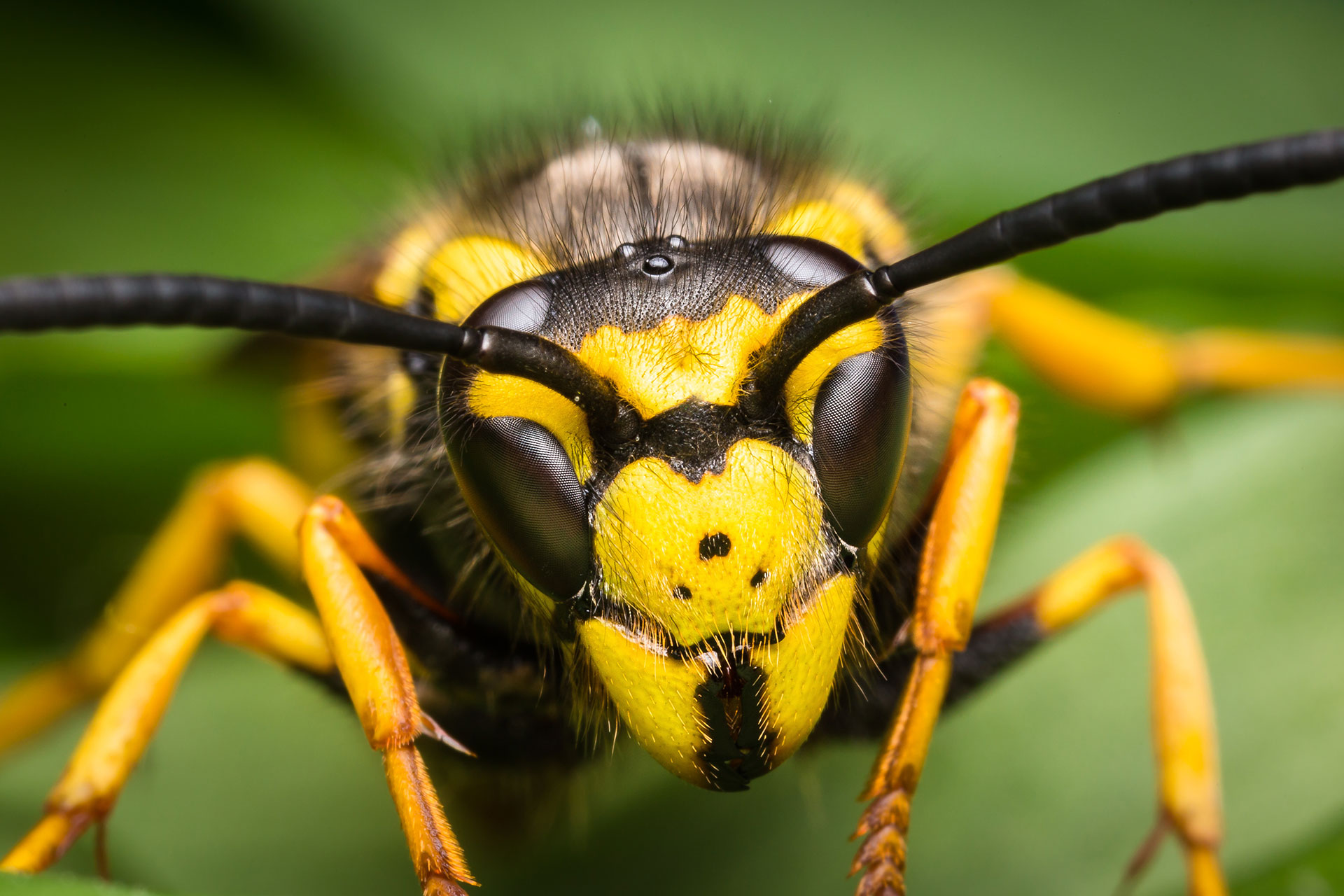The Environmental Impact of Bee & Wasp Control: Balancing Nature and Safety with The Bee Hunter

Bees and wasps are an integral part of our ecosystem. They play a pivotal role in pollinating our crops, ensuring biodiversity, and maintaining the health of our gardens. Yet, when they decide to make a home close to ours, their presence can become a concern for many homeowners in Central Massachusetts. While the immediate reaction might be to get rid of them as fast as possible, it’s essential to consider the environmental impact of bee and wasp control.
Understanding the Role of Bees and Wasps
Before delving into bee and wasp control methods, it’s crucial to appreciate the role bees and wasps play in the environment. Bees are remarkable pollinators, assisting in the growth of fruits, vegetables, and flowers. While they can be more aggressive, wasps are natural predators of many garden pests, such as caterpillars and aphids.
The Dangers of Broad-Spectrum Pesticides
Many homeowners, in their bid to quickly eradicate the bee or wasp problem, might opt for broad-spectrum pesticides. These chemicals target the pests in question and other beneficial insects and organisms. Using such chemicals can disrupt the natural balance of our gardens and lead to further pest problems. Moreover, residues can enter water sources, affecting aquatic life.
The Bee Hunter’s Eco-Friendly Approach
At The Bee Hunter, we recognize the delicate balance between keeping our clients safe and protecting the environment. We prioritize eco-friendly methods tailored explicitly to bees and wasps without causing unnecessary harm to other creatures.
Targeted Treatments: We utilize targeted treatments that affect only the intended pests. These treatments have a minimal environmental footprint and are safe for pets, children, and other beneficial insects.
Preventive Measures for Homeowners
A proactive approach to pest control can significantly reduce the need for interventions. By understanding what attracts bees and wasps, homeowners can take preventive measures. Some steps include:
- Limiting Attractants: Regularly cleaning up food and drink spills, covering trash cans, and ensuring your home has no easy entry points can deter bees and wasps from setting up shop near your dwelling.
- Natural Repellents: Planting peppermint, eucalyptus, or citronella can be a natural deterrent for these flying critters.
- Stay Calm and Avoid Swatting: When encountering a wasp or bee, staying calm is essential. Swatting or making rapid movements can provoke them.
Working Together for a Sustainable Future
Bee and wasp control isn’t just about immediate relief; it’s about balancing our safety and the environment’s health. The Bee Hunter is committed to delivering effective pest control solutions in Central Massachusetts while ensuring the least possible harm to the planet.
For those in Central Massachusetts dealing with bees or wasps, consider partnering with experts who understand the importance of environmental conservation. Let’s work together to create a safer yet sustainable environment for all!
